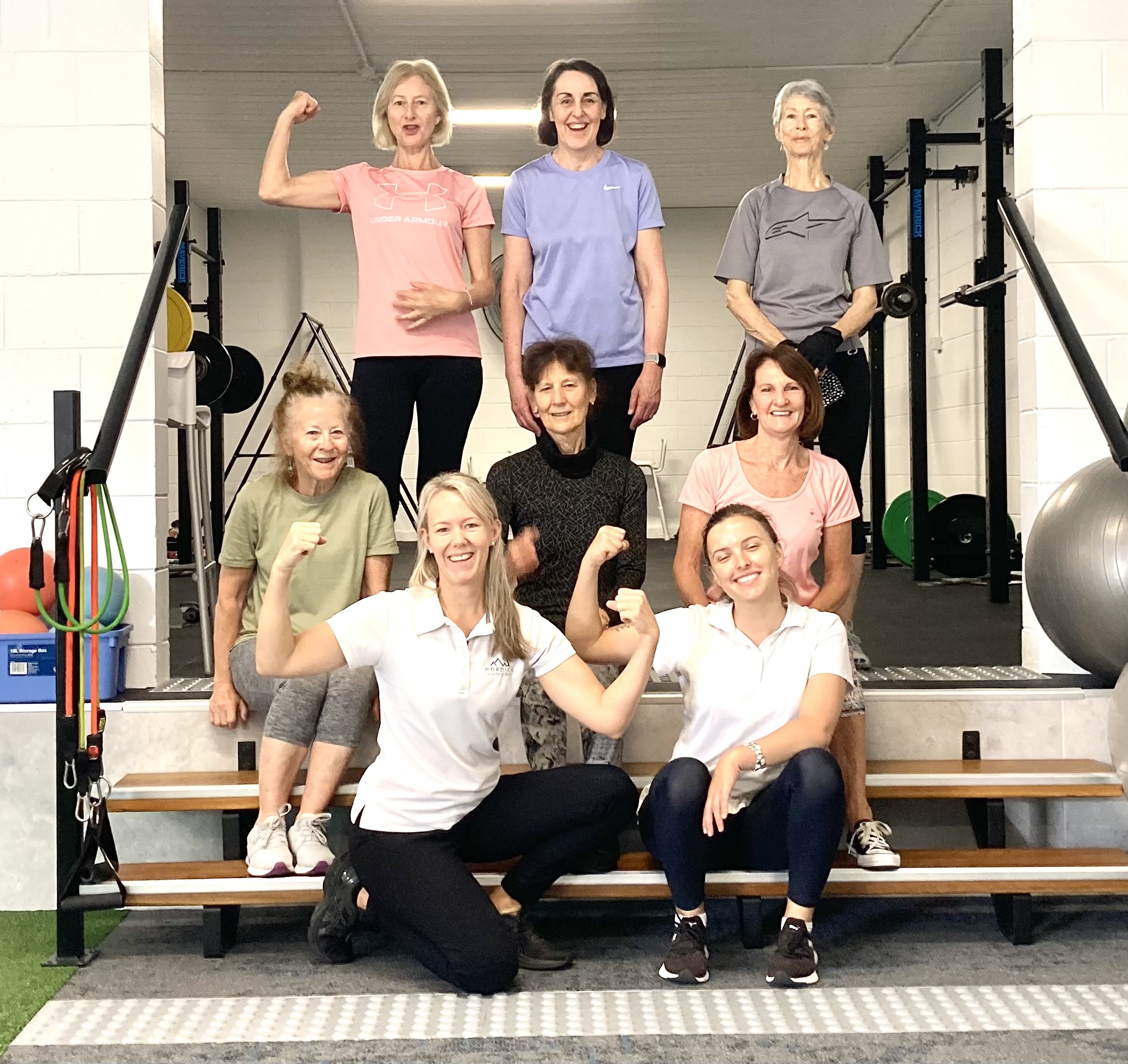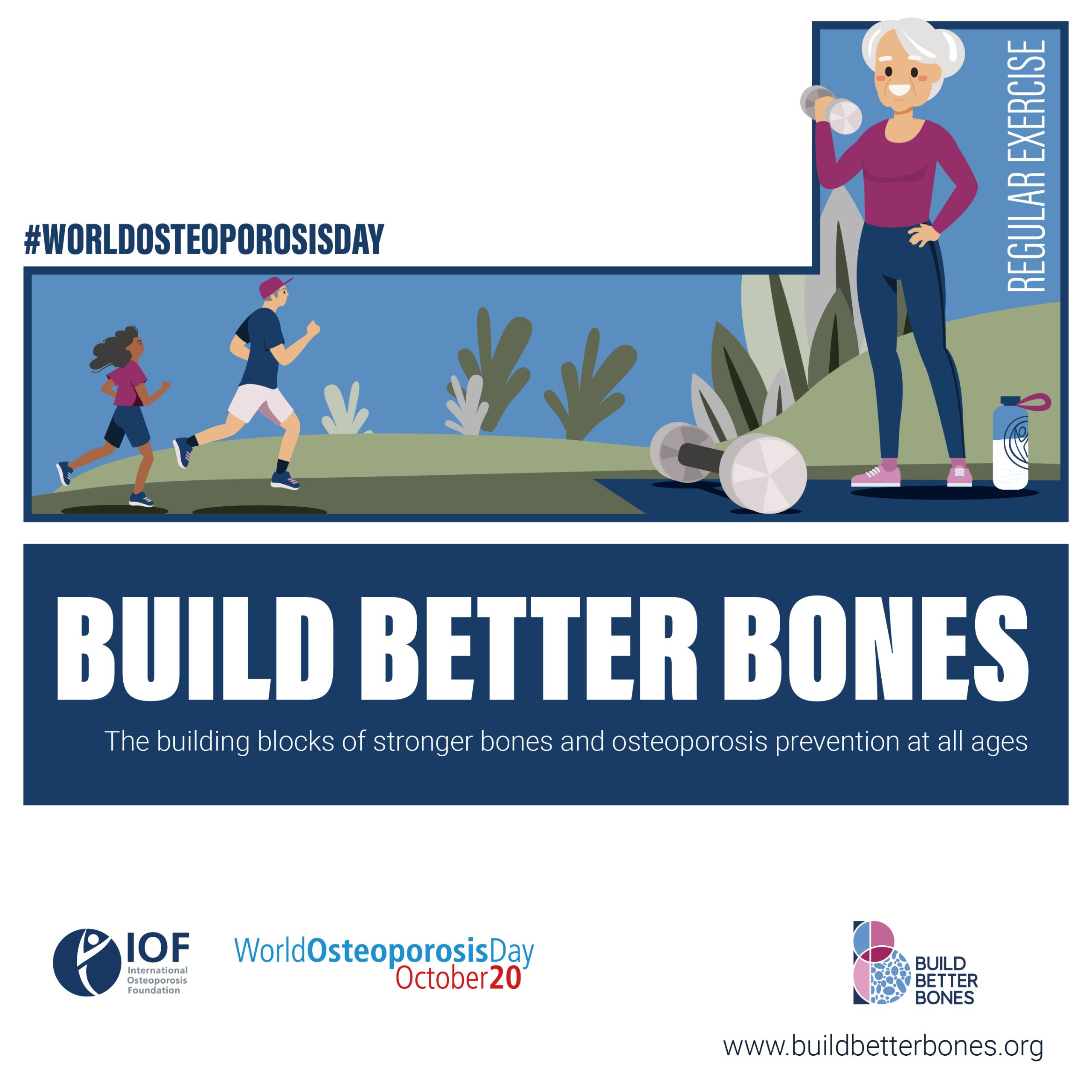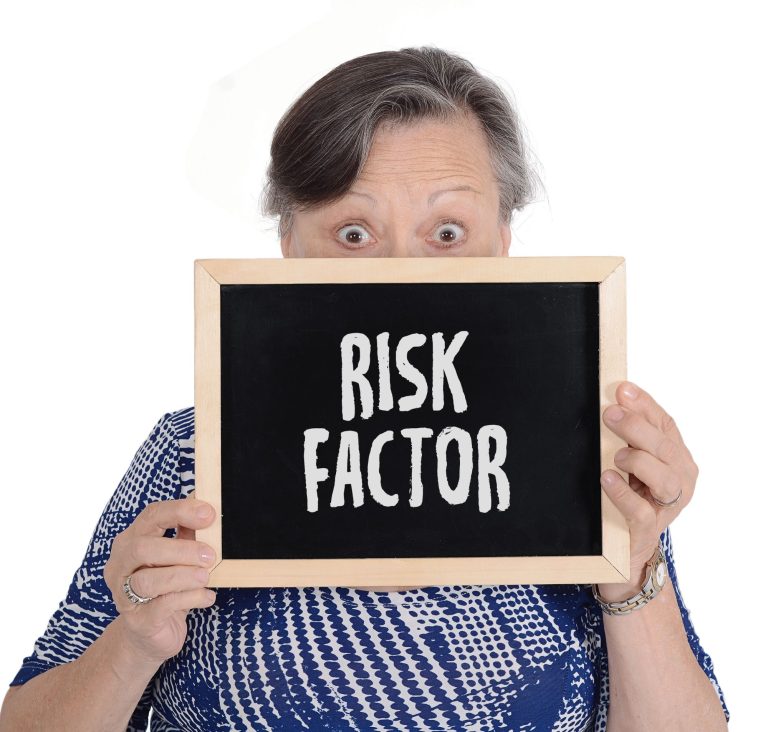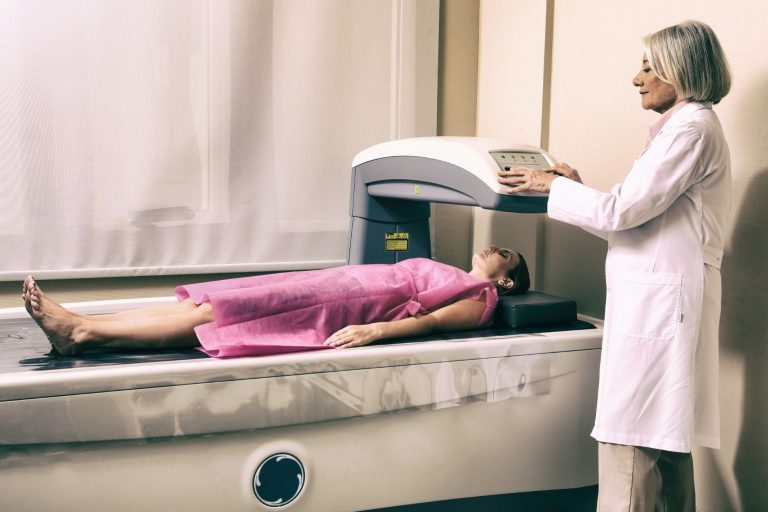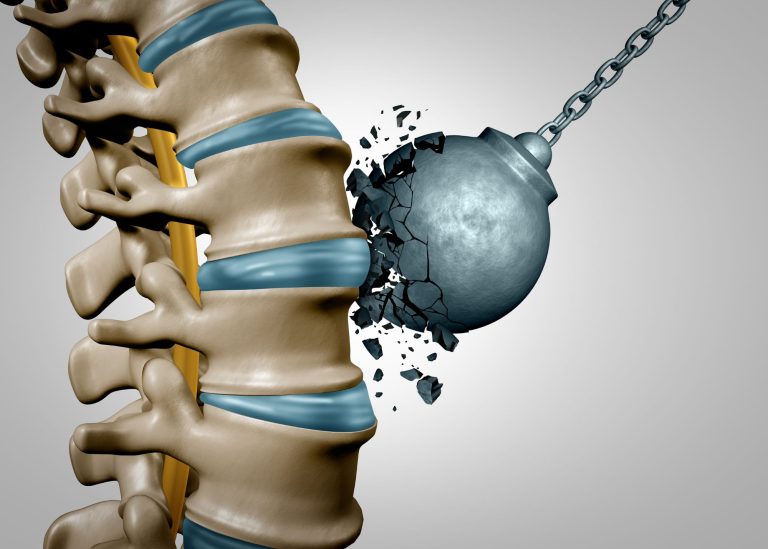Osteoporosis
Osteoporosis, often referred to as a “silent disease,” is a condition that quietly weakens bones, making them susceptible to low-trauma fractures. These fractures can significantly impact one’s quality of life, causing fear, reduced mobility, and emotional distress. In honor of World Osteoporosis Awareness Day, let’s explore what can be done to strengthen our bones to prevent osteoporosis, or prevent worsening of osteoporosis.
- Balanced Nutrition: Fuel your bones with a diet rich in calcium, vitamin D, and essential nutrients.
- Active Lifestyle: Engage in weight-bearing exercises to improve bone density, and balance exercise to prevent falls.
- Fall Prevention: Create a safe environment and address vision and balance issues.
- Healthy Habits: Avoid smoking and excessive alcohol consumption.
- Sunlight: Get vitamin D naturally while protecting your skin.
- Fall prevention strategies: crucial for optimal bone health.
- Medications: may be prescribed to slow bone loss, increase bone density or reduce fracture risk.
Key Actions for Bone Health
Taking charge of your bone health begins with simple yet impactful steps that you can incorporate into your daily routine. Here are some typical key actions you can take:
Balanced Nutrition
Fuel your bones with a diet rich in calcium, vitamin D, and other essential nutrients. Incorporate dairy products, leafy greens, fortified foods, and supplements as needed.
Active Lifestyle
Engage in weight-bearing exercises such as walking, jogging, dancing, or strength training to stimulate bone remodeling and improve bone density. Aim for at least 30 minutes of exercise most days of the week, with at least x2 of them being progressive resistance exercise, impact and balance exercises.
Fall Prevention
Create a safe environment by removing hazards, using assistive devices, and addressing vision and balance issues. Regularly assess your home for potential risks and take steps to prevent falls.
Healthy Habits
Avoid smoking and excessive alcohol consumption, as these habits can negatively impact bone health. Opt for moderation and seek support if needed to make positive changes.
Sunlight
Get your vitamin D naturally through healthy sun exposure. Enjoy the sun’s benefits while protecting your skin with SPF and appropriate time limits.
Fall Prevention Strategies
Alongside treatment, practicing fall prevention strategies is crucial. Your healthcare team can provide guidance on exercises, balance training, and lifestyle modifications to minimise the risk of falls and fractures.
Medications
At times, lifestyle modifications might not be enough. Depending on your condition, risk profile, and stage of osteoporosis, your healthcare provider may prescribe medications to slow bone loss, increase bone density, or reduce fracture risk. Bisphosphonates, hormone therapy, and other medications may be recommended. Discuss the potential benefits and risks with your healthcare team.
Get in Touch

Location
Clinic Address : Forest Glen Village Centre Tenancy B2, 354 Mons Road Forest Glen, Sunshine Coast, QLD 4556

Phone / Fax
Phone: 0477 783 799
Fax: 07 5335 1675

admin@nordicahealth.com.au
